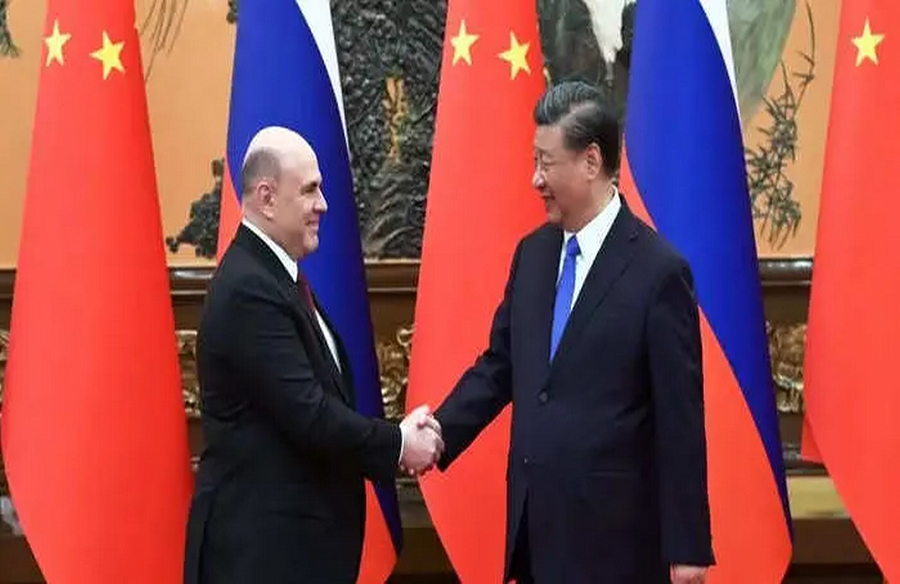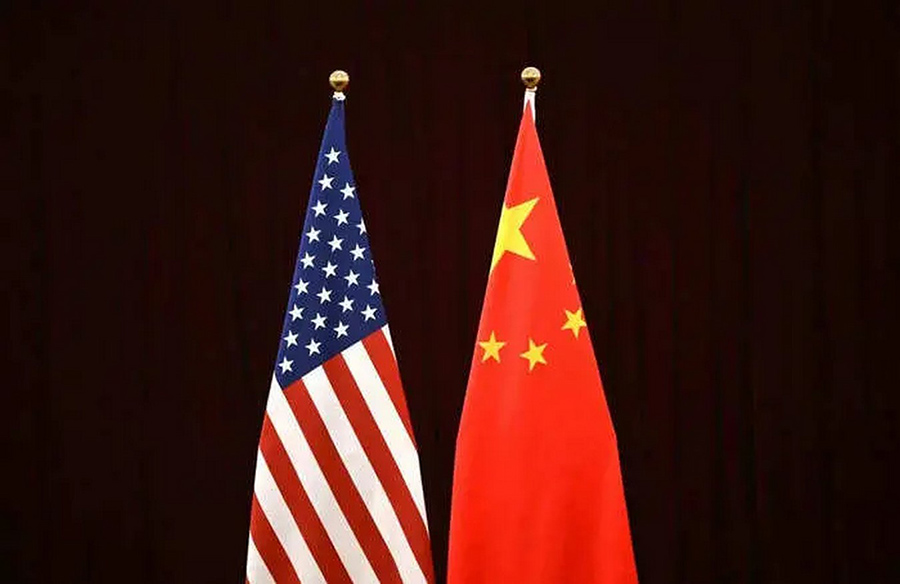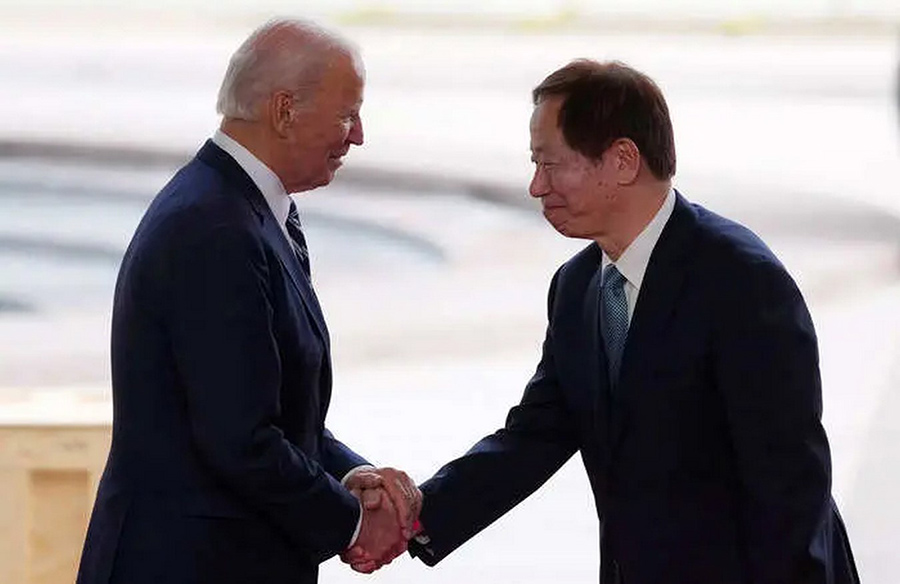China’s Dilemma: Balancing Data Control and Economic Growth

Nicholas Burns, the US ambassador to China, has highlighted the internal struggle within China between its ambitions for economic growth and its desire to control data related to its businesses and citizens.

During an interview with Lesley Stahl on 60 Minutes, Burns outlined China’s recent crackdown on US companies operating within its borders, including raids on their offices and arrests of Chinese employees. He noted China’s accusations against Western consulting firms of espionage and theft of national security and military secrets.
Burns pointed out that China’s amendments to national security laws have raised concerns, particularly regarding the potential for employees of American firms conducting due diligence checks to be accused of spying. He suggested that China’s aim to control data about its people and businesses lies at the core of the issue faced by American companies operating in China.
The crackdown on US companies by Chinese authorities escalated last year, with raids on consulting firms like Mintz and Bain & Co., resulting in the arrest of employees. This crackdown coincided with deteriorating relations between the US and China, exemplified by the US’s downing of a Chinese spy balloon in February 2023.
Despite these tensions, President Xi Jinping has made efforts to mend relations with the US amid China’s economic slowdown and decreasing foreign investment. Xi met with President Joe Biden at the APEC summit in San Francisco and engaged with US business leaders to foster better ties.
China’s rapid economic growth over recent decades has been accompanied by increased domestic repression, including extensive surveillance programs. Burns highlighted the contradictory nature of China’s policies, which simultaneously welcome foreign investment while intimidating investors through raids and arrests.
The inconsistency in China’s messaging, according to Burns, contributes to investor apprehension. While the Chinese government professes openness to foreign businesses, its actions, such as the multiple raids on American companies, send conflicting signals to the international community.


 English
English 































































































































































































































































































































































